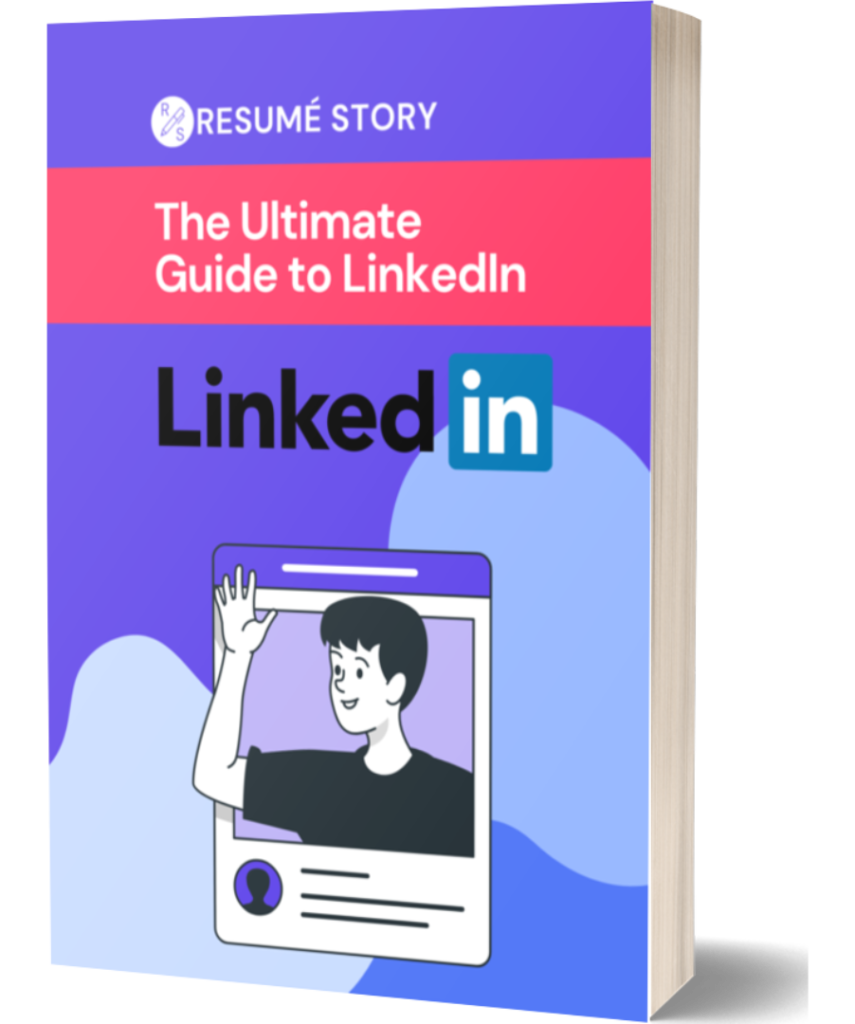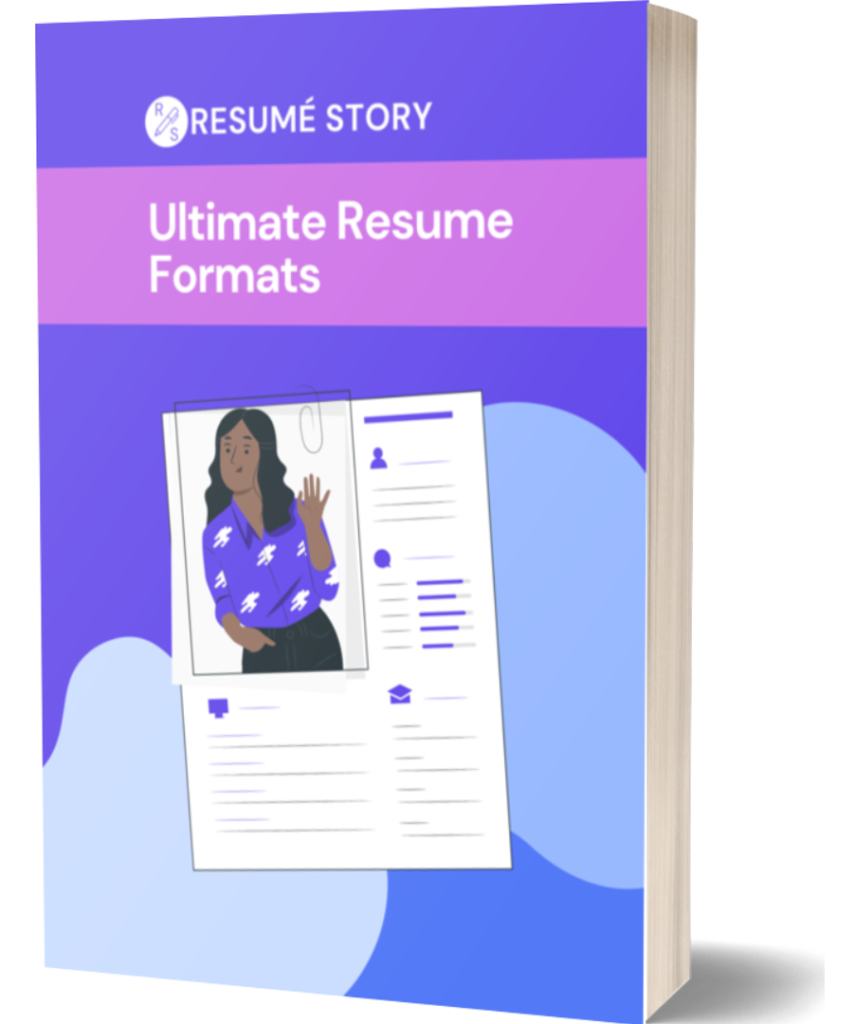Understanding the Full Form of CV

Table of Contents
What is the full form of a CV
CV is a commonly used abbreviation for curriculum vitae. When applying for a job or seeking opportunities in academia, it is essential to write a CV to highlight your qualifications and experience. The full form of CV is indeed curriculum vitae, which is a Latin term that translates to “course of life.” In essence, a CV is a detailed document that outlines your educational background, work experience, skills, achievements, and other relevant information.
Many people often wonder what the full form of CV stands for, and it is important to understand that it is not just a random abbreviation. A well-crafted CV can make a significant difference in showcasing your strengths and suitability for a particular job or academic program. Therefore, it is crucial to pay attention to the content and format of your CV to make a positive impression on potential employers or admissions committees.
Difference between a CV and Resume
When it comes to job applications, it’s important for job seekers to understand the key differences between a CV and a resume. Both documents serve as important tools for job seekers, but they are used in different contexts and have distinct differences. A CV is typically more detailed and comprehensive than a resume, and is often used by academics or individuals in the medical or scientific fields. On the other hand, a resume is typically more concise and tailored to the specific job being applied for. 10 differences between a CV and resume: –
- A CV is typically longer than a resume
- A CV includes more detailed information about academic qualifications and research experience
- A resume is tailored to a specific job application
- A CV is used primarily in academic and research settings
- A resume is typically used in business and non-academic settings
- A CV may include personal information such as date of birth and marital status, while a resume typically does not
- A CV may include a list of publications and presentations –
- A resume may include a summary of skills and qualifications at the top
- A CV may include a section on grants and funding received
- A resume may be customized to highlight relevant work experience
In summary, job seekers should be aware of the differences between a CV and a resume, and should choose the appropriate document based on the specific job application. While both documents serve the purpose of showcasing a job seeker’s qualifications and experience, they are used in different contexts and should be tailored accordingly.
Know when to use CV
- Job Applications: One of the most common places to use a CV is when applying for a job. A well-written CV can showcase your skills, experience, and qualifications to potential employers, helping you stand out from other candidates.
- Scholarships: When applying for scholarships, it’s important to provide a CV that highlights your academic achievements, extracurricular activities, and volunteer work. A strong CV can help you secure funding for your education.
- Fellowship Programs: Many fellowship programs require applicants to submit a CV as part of the application process. This CV should highlight your relevant experience, research interests, and career goals to demonstrate why you are a strong candidate for the program.
- Academic CV: Academics and researchers often use CVs to showcase their publications, conference presentations, and research experience. An academic CV is essential for applying for teaching positions, research grants, or speaking engagements.
- Internships: When applying for internships, a CV can help you make a strong impression on potential employers. Your CV should highlight your relevant skills, coursework, and previous work experience. This is to demonstrate why you are a good fit for the internship program.
Make the perfect resume with our Resume Pro writing service
Q: What is the difference between a CV and a resume?
A: A CV (curriculum vitae) is a comprehensive document that provides a summary of a person’s educational and work experience. On the other hand, a resume is a more concise document that highlights relevant skills and experiences for a specific job application.
Q: When should I use a CV instead of a resume?
A: You should use a CV when applying for academic positions, fellowships, grants, or research opportunities. A resume is typically used when applying for jobs in the private sector.
Q: What should I include in a CV?
A: In a CV, you should include your full name, contact information, educational background, work experience. You should also include skills, relevant certifications, publications, presentations, and any other relevant information that showcases your qualifications.
Q: How long should a CV be?
A: A CV is typically longer than a resume and can be more than two pages. This is especially true for those with extensive work experience or academic achievements.
Q: What are some key differences between a CV and a resume?
A: Some key differences include the length (CVs are longer), the focus (CVs emphasize academic achievements). The purpose (CVs are used for academic and research positions while resumes are used for job applications in the private sector) could also be different.
Q: Are there different types of CVs?
A: Yes, there are different types of CVs such as academic CVs, industry-specific CVs, skill-based CVs, and chronological CVs. The type of CV you use will depend on the purpose of your application.
Q: Do you have any tips for writing a CV?
A: Some CV writing tips include tailoring your CV to the job you’re applying for, using a clear and professional format, highlighting relevant skills and experiences, and proofreading for errors before submitting.
Categories
- Freshers (1)
- Interview Prep (2)
- Linkedin (1)
- Resume Writing (9)
- Technical Interviews (1)
- Uncategorized (2)
If you like what you see, please share!
Receive more such content in mail
Popular Posts
-
5 Best Online Resume Builder for 2024
March 23, 2024 Resume Writing -
Understanding the Full Form of CV
March 23, 2024 Resume Writing
Pricing Plans
Choose the best plan for yourself
Review your current resume
per report
- ATS compatibility
- Skill Analysis
- Content Structure
- Resume Structure
- Language Analysis
- 30 min 1-on-1 session
- Skill mapping for dream job
- Resume re-writing
- 3 mock interviews
Professional Resume Writing
3 revisions
- ATS compatibility
- Skill Analysis
- Content Structure
- Resume Structure
- Language Analysis
- 30 min 1-on-1 session
- Skill mapping for dream job
- Resume re-writing
- 3 mock interview
Mock Interview Practise
3 hour sessions
- ATS compatibility
- Skill Analysis
- Content Structure
- Resume Structure
- Language Analysis
- 30 min 1-on-1 session
- Skill mapping for dream job
- Resume re-writing
- 3 mock interviews









